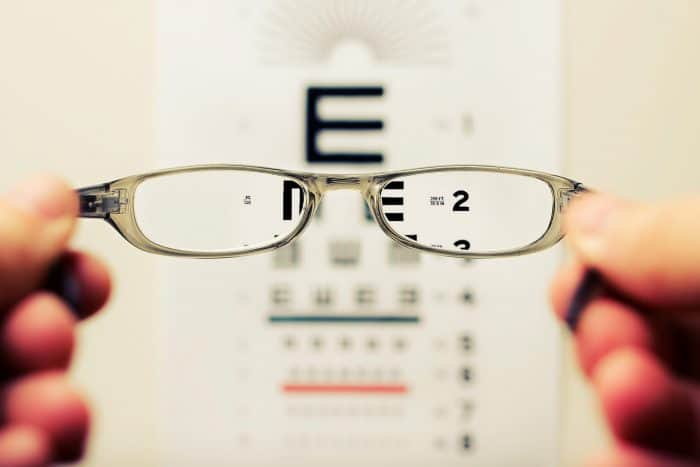After a long day of work looking at the computer or reading the small print, do you ever experience spots or floating black dots, or possibly even shadows in your field of vision? Do you think you are going crazy or possibly have a vision issue? Chances are that these spots, called floaters, are not harmful but should be mentioned to your eye doctor if they are happening more regularly or are accompanied by light flashes. Let’s take a closer look at floaters and what you should know to tell your doctor during your visit.

Noticing Floaters, Specks, And Dots
Floaters come in all shapes and sizes. They may appear as black dots, cobwebs, cloud-shaped, or just tiny specks. They may move or be stationary in your line of vision. They may seem to be grey or black but are hard to tell as when you look to figure out what these are, they may move or disappear altogether. Floaters become more common as people age and are usually harmless, if not a little bit annoying.
Spots May Increase As We Age

Floaters are caused when the “gel-like” vitreous part of the eye breaks free within the inner back portion of the eye itself. As we age this vitreous gel naturally begins to dissolve and become less “gel-like”. This, in turn, causes specks or flecks to break off and “float” into our field of vision. Most people will notice eye floaters are particularly pronounced if gazing at a clear or overcast sky or a computer screen with a white or light-colored background.
Are Floaters A Medical Emergency?

While floaters are not usually a cause for concern, there are times that they should be considered a medical emergency. If floaters come pouring in, or if they are accompanied by flashes of light, you should seek medical attention immediately from an eye care professional. The sudden appearance of these symptoms could mean that the vitreous is pulling away from your retina, a condition called posterior vitreous detachment. Or it could mean that the retina itself is becoming dislodged from the back of the eye’s inner lining, called a retinal detachment. Call your doctor if you have any of these symptoms or if your floaters have changed from random to more common. Call Boston Eye Physicians and Surgeons at 617-232-9600 if you have questions about your vision, or visit our website here.

